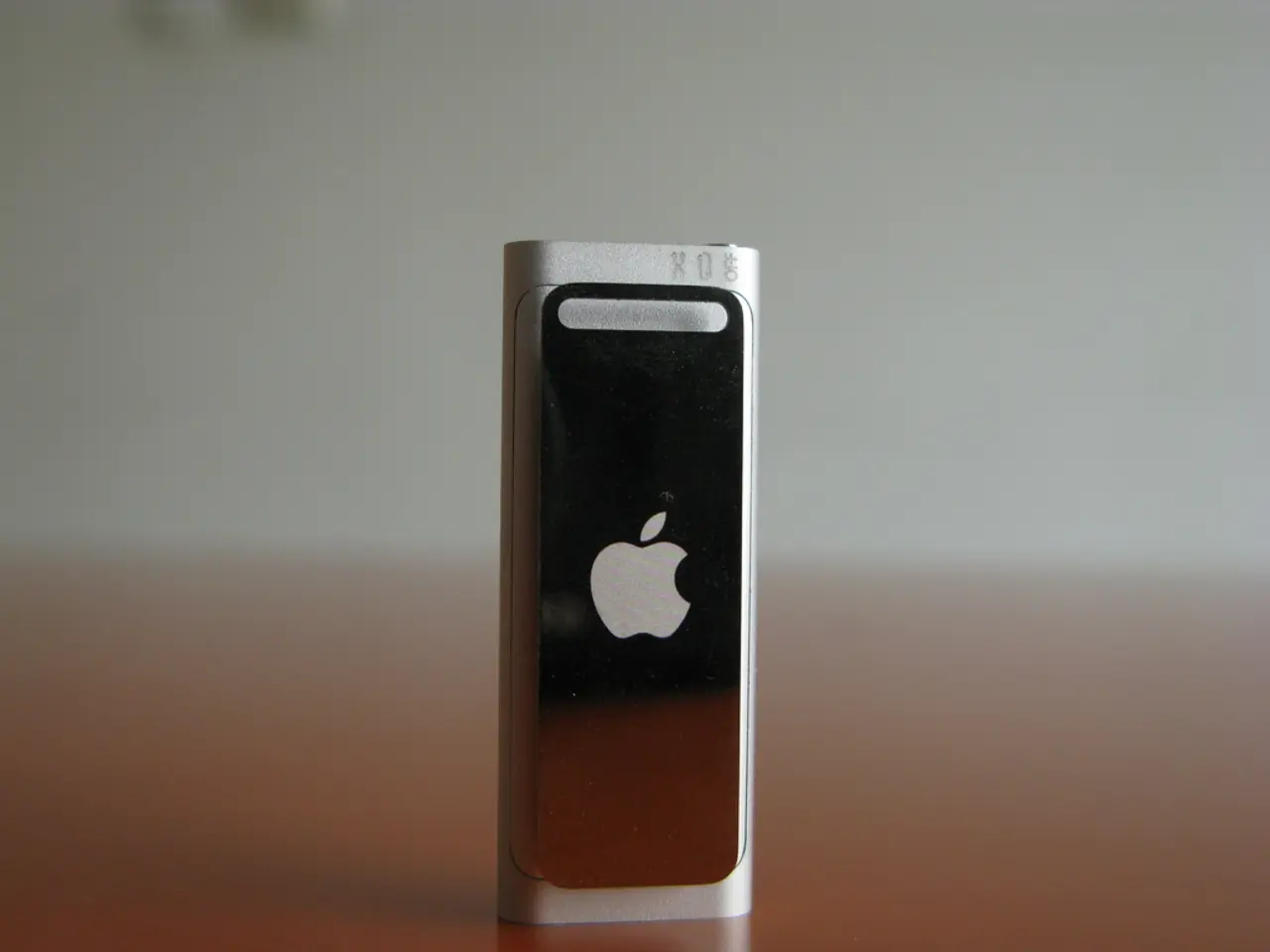New authority arrives at Computer Village, under the name gamp
In the bustling business landscape of Africa, a Nigerian startup named GAMP is making waves with its innovative approach to device management. The company, founded by Bolu Omotayo, has built a comprehensive platform called GAMP for Business, catering to the unique challenges faced by businesses across the continent.
GAMP's vision is to transform device ownership into a long-term subscription business, and it's doing this by offering a full device lifecycle management solution. This suite includes device procurement, leasing, insurance, repairs, software provisioning, tracking, and management, all integrated into one platform with recurring revenue streams.
One of the key advantages of GAMP is its ability to build trust in a market historically reliant on informal, personal relationships. By providing a structured and transparent alternative to the unorganized device management and insurance systems common in African business environments, GAMP aims to create a more reliable and secure environment for businesses.
Flexible financing solutions are another essential aspect of GAMP's offering. In cash-constrained markets, easier access to devices and services without large upfront capital is crucial. GAMP's device protection plan covers everything from screen cracks to motherboard failure and even theft, providing businesses with peace of mind.
GAMP's success is evident in its strong customer loyalty. With reported 80–90% retention among its 200+ business customers, it's clear that its bundled, end-to-end approach creates operational moats that global providers may find harder to replicate in Africa due to local market complexities.
While global players like Asurion, Grover, Hofy, Rippling, and Deel's recently acquired Hofy focus on more mature markets or financially stable contexts, GAMP aims to emulate Rippling's comprehensive device lifecycle management but adapted for the fragmented infrastructure, limited trust, and financial constraints prevalent in African markets.
However, balancing operational complexity while competing in a market with entrenched informal vendors and low trust in formal insurance presents a challenge for GAMP. Yet, its continent-specific design and flexible financing give it a distinctive advantage not usually shared by global peers, making it a pioneering contender in Africa’s device-as-a-service landscape.
GAMP's future plans include growing its user base 5x, expanding its financing partnerships, and rolling out its new GAMP for Business platform in Q3 2025. It has since added structured debt from FSDH Bank, Meristem, and is closing a new financing line with BAS Finance Company to support device leasing.
With its dashboard and embedded logistics, GAMP provides companies with visibility into their device fleet, making it easier for them to manage their devices and ensure they are always running smoothly. As GAMP continues to grow and adapt to the unique needs of the African market, it is poised to become a leading player in the device-as-a-service industry.
[1] Source: TechCrunch [2] Source: Disrupt Africa
- GAMP intends to mimic Rippling's comprehensive device lifecycle management but customize it for the intricate African market, offering competitive advantages due to its continent-specific design and flexible financing.
- Recognizing the financial constraints of cash-constrained markets, GAMP provides flexible financing solutions alongside its device protection plan, offering businesses peace of mind and reducing the need for large upfront capital.
- Leveraging technology, cloud-based platform, and mobile integration, GAMP's all-inclusive device management solution caters to the logistical difficulties faced by businesses in Africa, making it easier for companies to administer their device fleets effectively.




